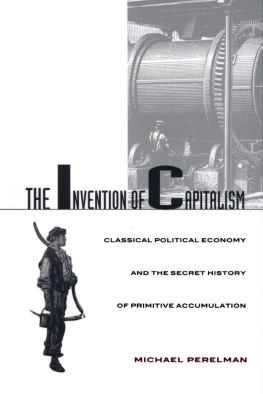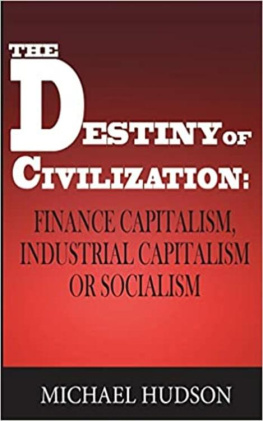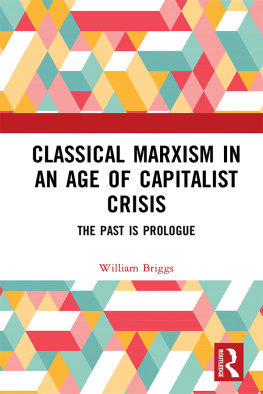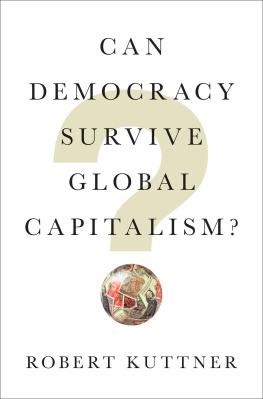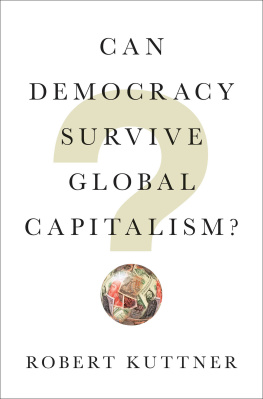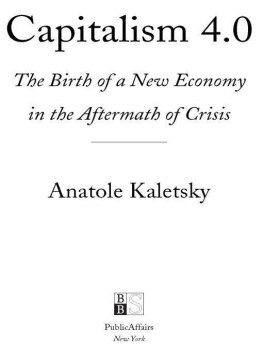Michael Perelman - The Invention of Capitalism: Classical Political Economy and the Secret History of Primitive Accumulation
Here you can read online Michael Perelman - The Invention of Capitalism: Classical Political Economy and the Secret History of Primitive Accumulation full text of the book (entire story) in english for free. Download pdf and epub, get meaning, cover and reviews about this ebook. year: 2000, publisher: Duke University Press, genre: Politics. Description of the work, (preface) as well as reviews are available. Best literature library LitArk.com created for fans of good reading and offers a wide selection of genres:
Romance novel
Science fiction
Adventure
Detective
Science
History
Home and family
Prose
Art
Politics
Computer
Non-fiction
Religion
Business
Children
Humor
Choose a favorite category and find really read worthwhile books. Enjoy immersion in the world of imagination, feel the emotions of the characters or learn something new for yourself, make an fascinating discovery.
- Book:The Invention of Capitalism: Classical Political Economy and the Secret History of Primitive Accumulation
- Author:
- Publisher:Duke University Press
- Genre:
- Year:2000
- Rating:5 / 5
- Favourites:Add to favourites
- Your mark:
The Invention of Capitalism: Classical Political Economy and the Secret History of Primitive Accumulation: summary, description and annotation
We offer to read an annotation, description, summary or preface (depends on what the author of the book "The Invention of Capitalism: Classical Political Economy and the Secret History of Primitive Accumulation" wrote himself). If you haven't found the necessary information about the book — write in the comments, we will try to find it.
The originators of classical political economyAdam Smith, David Ricardo, James Steuart, and otherscreated a discourse that explained the logic, the origin, and, in many respects, the essential rightness of capitalism. But, in the great texts of that discourse, these writers downplayed a crucial requirement for capitalisms creation: For it to succeed, peasants would have to abandon their self-sufficient lifestyle and go to work for wages in a factory. Why would they willingly do this?
Clearly, they did not go willingly. As Michael Perelman shows, they were forced into the factories with the active support of the same economists who were making theoretical claims for capitalism as a self-correcting mechanism that thrived without needing government intervention. Directly contradicting the laissez-faire principles they claimed to espouse, these men advocated government policies that deprived the peasantry of the means for self-provision in order to coerce these small farmers into wage labor. To show how Adam Smith and the other classical economists appear to have deliberately obscured the nature of the control of labor and how policies attacking the economic independence of the rural peasantry were essentially conceived to foster primitive accumulation, Perelman examines diaries, letters, and the more practical writings of the classical economists. He argues that these private and practical writings reveal the real intentions and goals of classical political economyto separate a rural peasantry from their access to land.
This rereading of the history of classical political economy sheds important light on the rise of capitalism to its present state of world dominance. Historians of political economy and Marxist thought will find that this book broadens their understanding of how capitalism took hold in the industrial age.
After reading Michael Perelmans excellent book we see our world in different colors. The origin of market capitalism is the product of strategies pursued to take away from people the conditions for developing alternative ways to live and produce. We also discover that classical political economy has been so instrumental in guiding these strategies. The book leaves us to wonder how the same mechanisms are reproduced today. This critical question pervades the book. Massimo De Angelis, University of East London
This study is to be admired for its comprehensiveness, scope, and the amount of unearthing and excavation Perelman provides. The indictment of political economists who addressed themselves to the matter of primitive accumulation is masterful. H. T. Wilson, York University
Michael Perelman: author's other books
Who wrote The Invention of Capitalism: Classical Political Economy and the Secret History of Primitive Accumulation? Find out the surname, the name of the author of the book and a list of all author's works by series.

